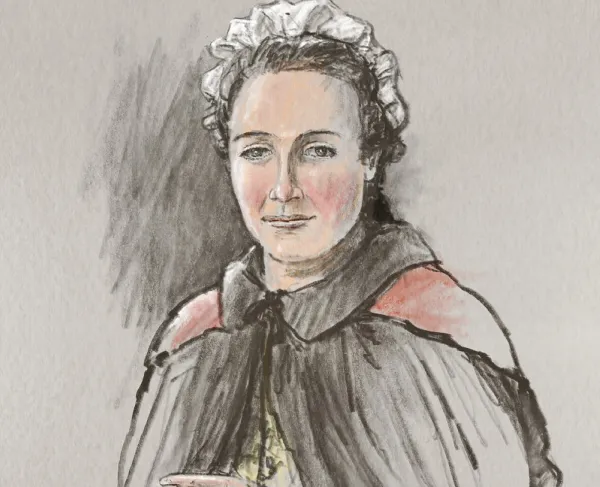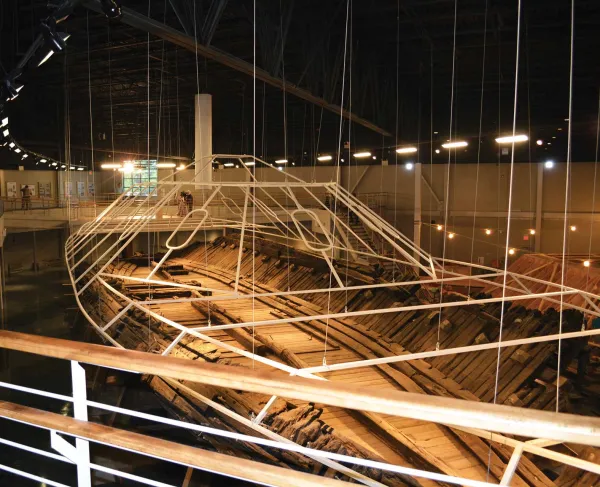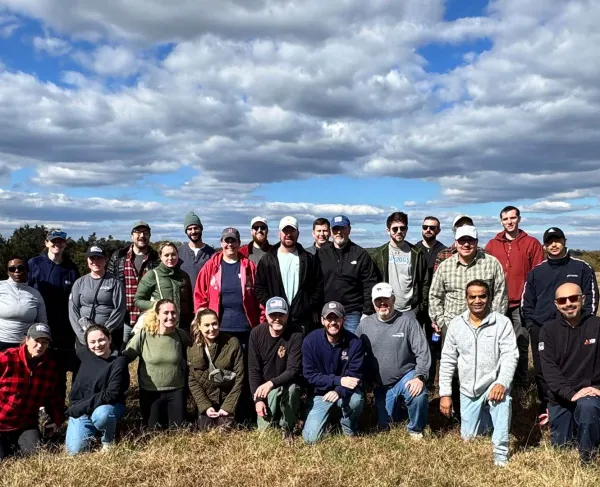An Interview with Bertram Hayes-Davis
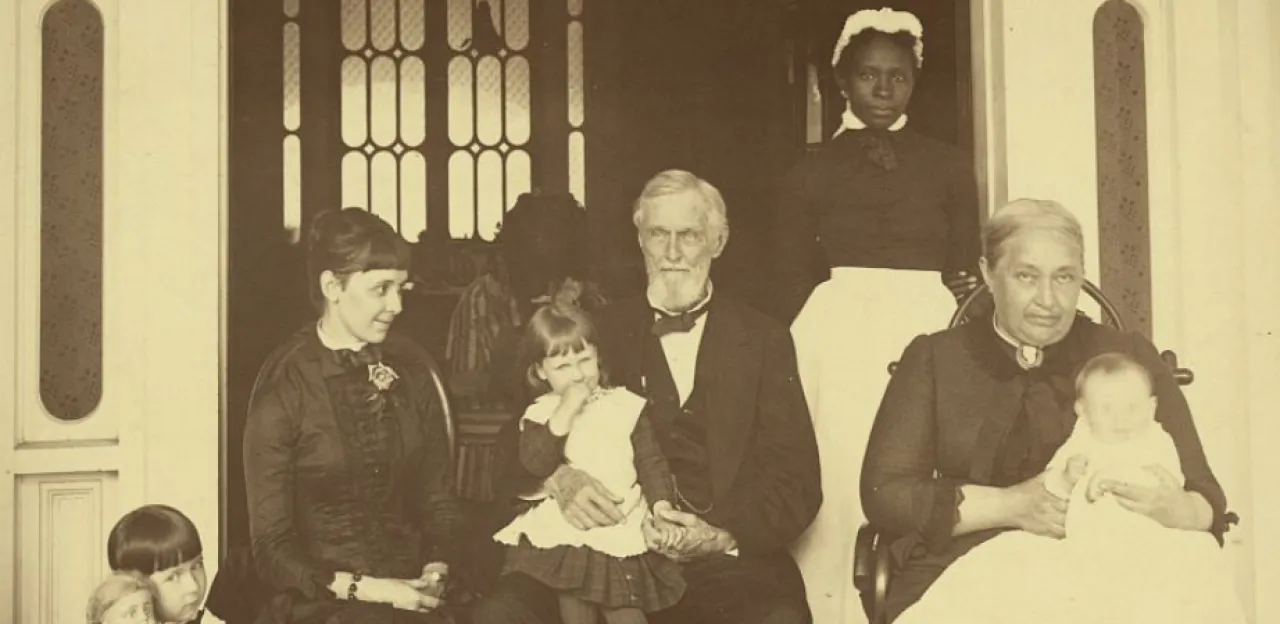
The Civil War Trust recently had the opportunity to talk with Bertram Hayes-Davis, the Executive Director of Beauvoir, the Jefferson Davis Home. Beauvoir is located in Biloxi, Mississippi, and houses the Jefferson Davis Presidential Library.
Civil War Trust: How did President Davis come to live at Beauvoir?
Bertram Hayes-Davis: Jefferson Davis was searching for a location that he could use to write his history of the Confederate States of America to provide an historic document of this government. He visited the Mississippi Gulf Coast several times. In 1877 a resident and owner of Beauvoir, Sarah Dorsey, offered a cottage on the property that Jefferson Davis could use for this project. Jefferson Davis accepted this offer and came to Beauvoir to begin writing what would become The Rise and Fall of the Confederate States of America.
Can you tell us a bit about Davis’ life in the years that he lived here?
BHD: Jefferson Davis spent the first two years of his residence writing in the cottage. He had a secretary that assisted him in the writing. Davis also engaged in the community as a member of both Episcopal churches. His wife Varina joined him in 1879, and his youngest daughter Winnie followed later. Sarah Dorsey died in 1879, and Davis purchased the property from her estate.
Beauvoir was a social center for the area, and a constant flow of visitors were fed and entertained at the house. Davis’ numerous visitors included family members, former Confederate leaders, and other notables. Among the many visitors were Joseph Pulitzer (for whom the Pulitzer Prize is named) and Oscar Wilde, who was highly entertained an impressed by Davis’s character. Davis' daughter Margaret and her children also visited the estate frequently.
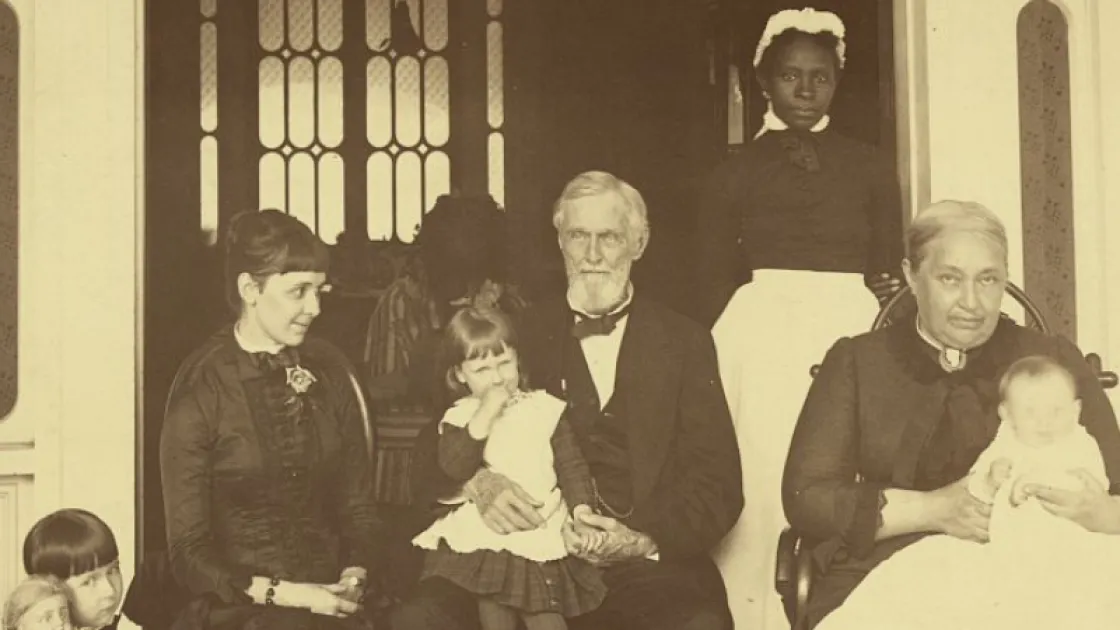
How did he feel about the reunited nation and the government’s Reconstruction policies?
BHD: There are not many notes or letters written by Jefferson about reconstruction, as he was imprisoned after the war, and travelled for a few years after his release.
Davis was a realist in reference to the country and the future; he realized that the war was over and further rebellion was useless. He was consistent in his references to the country after the war, emphasizing the importance of American unity.
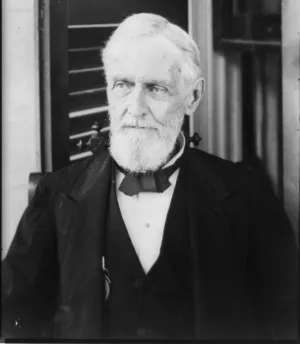
In your opinion, why is it still important to learn about Jefferson Davis in the 21st Century?
BHD: There is one sentence in most modern history books that refers to Jefferson Davis. The sentence states that he was elected the President of the Confederate States of America. For much of the American public, Davis is created on that day, and all of the prior years of education, service and accomplishments are lost.
From his appointment to West Point, through his service as a United States Senator, Jefferson Davis believed in the country and was willing to give his life in battle for his country. The impact of his accomplishments can still being seen today from the Smithsonian to the Capitol Dome to the transcontinental railway. These are just a few of the accomplishments that make Jefferson Davis a true American patriot.
Do you have a favorite relic or part of the estate?
BHD: On the property is the Hayes Cottage that was used by my great-grandmother on her numerous visits to see her father. My grandfather was a guest at the cottage and we have stayed there many times during our visits.
What’s the story behind the 46th Mississippi Infantry battle flag you recently acquired?
BHD: The flag left Mississippi in 1865, and was received from the Hall of Flags in Springfield, Ill. The transfer was made possible through cooperative efforts of the Mississippi and Illinois National Guards. The flag will be on permanent display at Beauvoir. Capt. Mike Bieser of the 46th Infantry Re-enactors said it has been a 25-year dream of his to see the flag returned to its home state.
We understand that you’re a descendent of President Davis. Would you say that Beauvoir is a family matter for you?
BHD: As the last residence of Jefferson Davis and the location of the Presidential Library, this property is the grandest of houses. The fact that it is my great-grandfather’s home makes it my home too. The estate not only represents the legacy for all the Davis descendants — it will also be here for future generations to come.
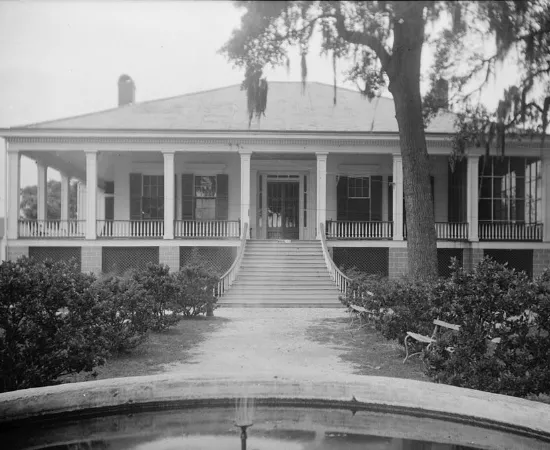
The estate was used as a home for Confederate veterans and widows in the first half of the twentieth century. How many residents lived there during that time? How did this arrangement come about?
BHD: The property was sold to the Mississippi Sons of Confederate Veterans with two restrictions. The first was that it would be maintained as a shine to Jefferson Davis; the second is that it would provide a home for confederate veterans.
There are over 700 veterans and widows buried in the cemetery at Beauvoir. The last widow of a Confederate veteran living at the home passed in 1955, and Beauvoir then developed into the museums and grounds that we have today.
You host a “Fall Muster” event every year. What’s that all about?
BHD: Throughout the country there is a great interest in understanding the manner in which the battles of the War Between the States were waged. The Fall Muster is a living history event featuring a reenactment of a battle on the grounds of Beauvoir.
Are there any other upcoming events we should know about?
BHD: We will host Christmas at Beauvoir for Nov 9th through Jan. 6th. The event will re-create the customs and activities of Christmas of 1889. We will light the grounds and provide a family experience that will be unique to the gulf Coast. The grounds and the house will be part of this celebration.
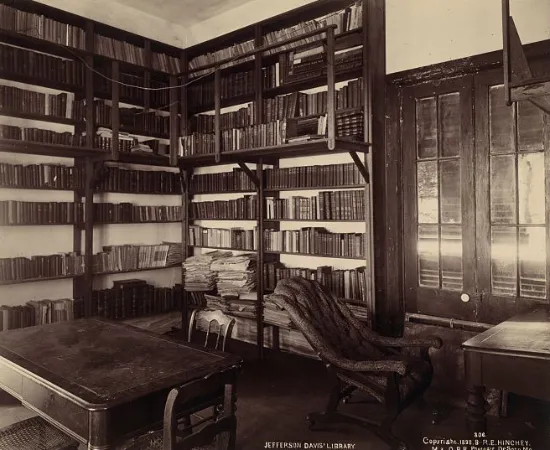
How was Beauvoir affected by Hurricane Katrina?
BHD: Katrina destroyed or heavy damaged all the structures on the property. The only structure that could be rebuilt was the mansion itself. The entire first floor of the Presidential Library was damaged and many of the artifacts were lost. The building could have been repaired, but it was found to be under the new FEMA designated elevation, so it had to be replaced.
What new plans do you have for Beauvoir, and how can people help?
BHD: People can help support Beauvoir through several avenues. Most of the Davis artifacts were lost in Katrina, and the new Library will offer the opportunity to recreate history through virtual representation. These interactive exhibits have proved to be the best educational method in many new museums. As we open the Presidential Library there will be an expanded need for in-kind gifts of technology to support the building of the exhibits. Events and traveling exits are also a necessary addition to the new facility. Support for these new features will help establish this Library as a national historic and educational site.
Gifts of historic documents and artifacts of Davis are needed as well. These will enhance the significance to the collections. We will also hold seminars and events that center on the subjects related to Jefferson Davis and welcome any ideas and support to bring these events to the Jefferson Davis Presidential Library.
Direct contributions and gifts can be made online at the website, Beauvoir.org, or sent to Beauvoir at 2244 Beach Blvd, Biloxi, MS 39531. Those interested in supporting Beauvoir can also contact me directly at bhayesdavis@beauvoir.org.
Learn More: Jefferson Davis
